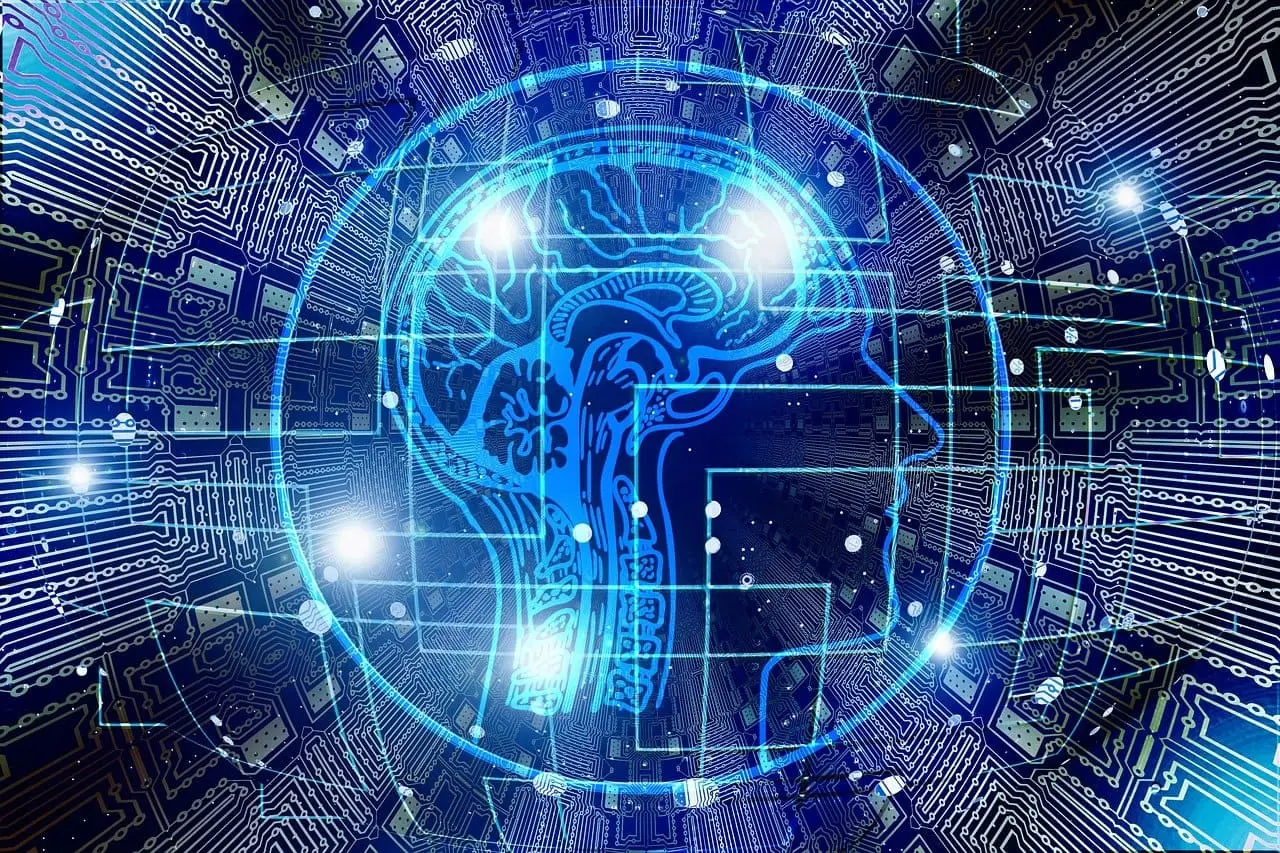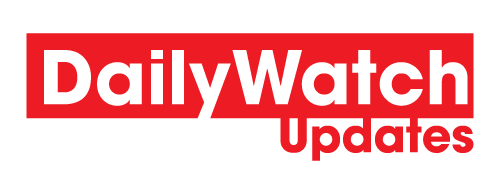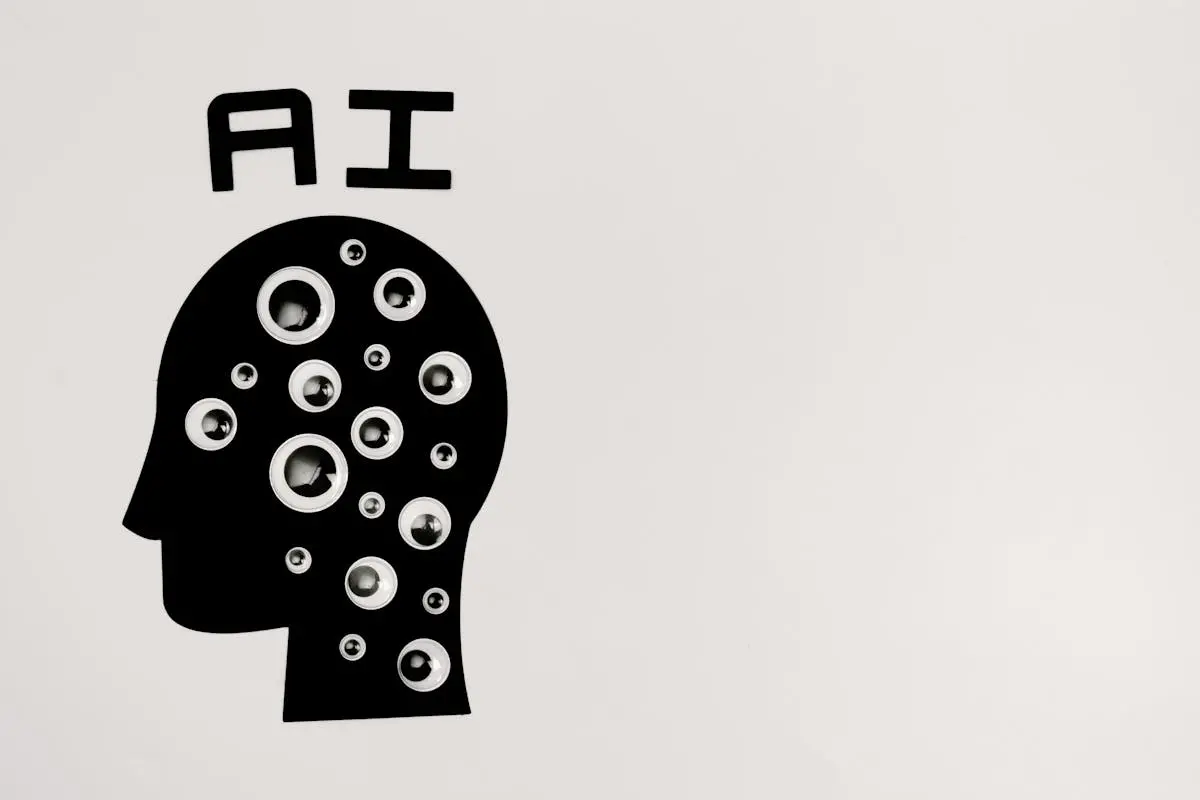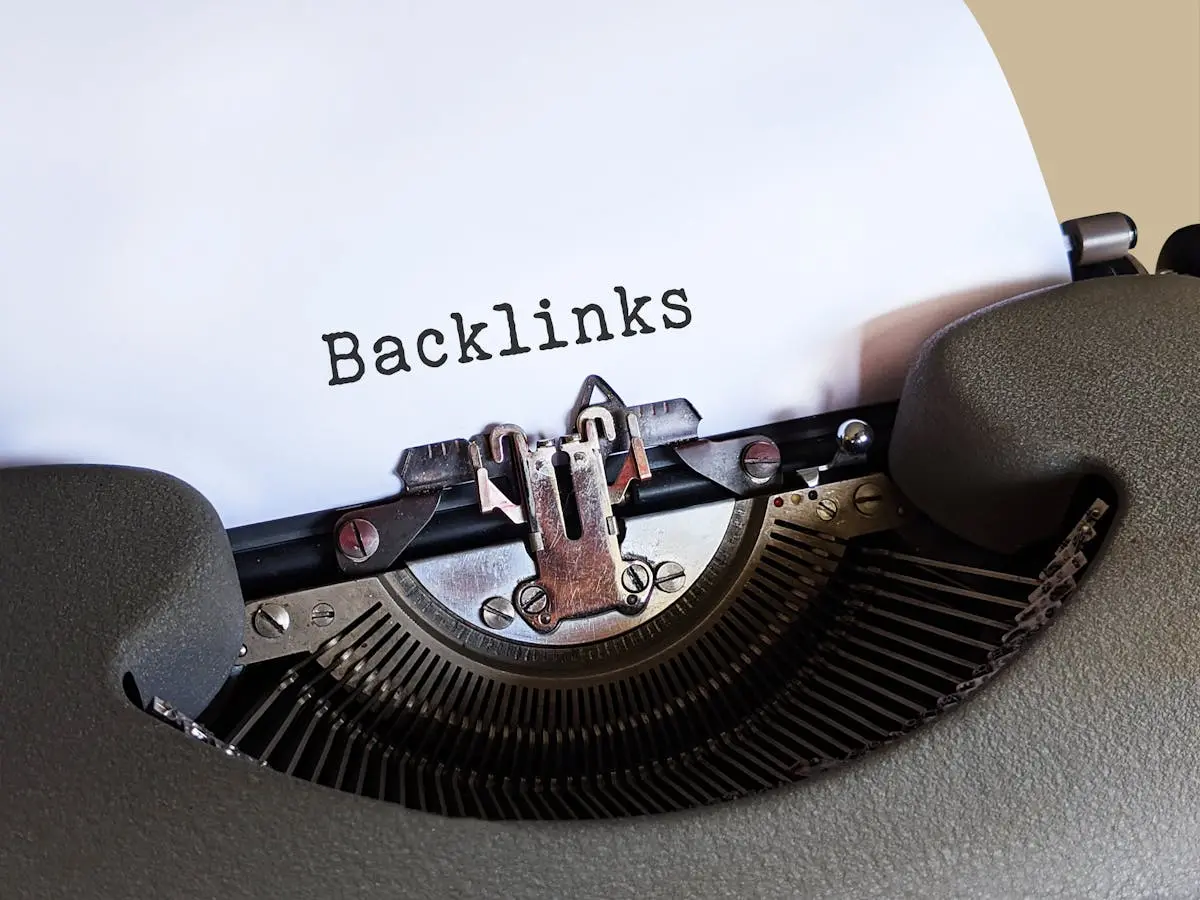
Artificial Intelligence (AI) is changing several features of our lives, and one area where its influence is chiefly notable is Human Resources (HR). In this guide, we will research the complex link between Artificial intelligence and Human Resources, discovering how it has distorted outdated practices and covered the way for a more well-organized and modified method of talent management.
Evolution of Human Resources with Artificial Intelligence
Traditionally, HR processes were manual and time-consuming. But, with the start of AI, there has been a model shift. AI has not only carried HR actions into the present time, but it has also importantly improved the Human resources purpose’s general efficiency. This development is obvious in the way businesses method employment, onboarding, performance management, and worker appointment.
AI-Powered Talent Acquisition
One of the most notable impacts of AI in HR is seen in talent acquisition. Resume screening, once a tedious task, is now automated, thanks to AI algorithms.
Enhanced Employee Onboarding
AI has also changed the onboarding method. AI-driven onboarding systems can tailor the orientation experience based on the new employee’s background, skills, and learning preferences. This not only hurries the onboarding method but also adds to advanced employee happiness and holding rates.
Performance Management and Artificial Intelligence
In the realm of performance management, AI allows constant checking and response. AI can recognize decorations in worker performance through data analytics, and support Human Resources authorities in building informed choices about salary growths, workout wants, and spaces for development. Performance evaluations gain an extra degree of independence from this data-driven approach.
Employee Engagement with AI
AI is necessary for rising employee appointments. Reviews and response devices powered by AI offer deep visions of worker happiness and emotion. Analytical analysis can anticipate possible problems, allowing Human Resources squads to proactively speech anxieties and generate a more optimistic work situation.
AI’s Role in Diversity and Inclusion
AI can allay favoritisms in HR methods, endorsing variety and presence. Artificial intelligence (AI) machineries offer accurate recruitment plans by removing private issues from hiring choices. AI can also support the making of comprehensive office cultures by finding and releasing possible subjectivity in member relations.
Challenges and Concerns
Even with its transformative potential, the addition of AI in Human Resources is not without tasks. Right respect, data privacy worries, and the discussion between human touch and AI effectiveness are critical features that organizations need to pilot. Arresting the right balance is important to confirm the responsible and actual use of AI in Human resources.
Future Trends in AI and HR
Looking fast, the interaction between AI and Human Resources is estimated to develop. AI-powered HR analytics, virtual HR assistants, and adaptive learning systems are anticipated to become integral components of HR strategies.
Case Studies
Many businesses have already comprised AI in their Human Resources practices, soft calculable profits. For instance, Company X reduced its time-to-hire by 30% through AI-driven candidate matching. Company Y implemented AI-powered performance analytics, resulting in a 20% improvement in employee productivity.
The Human Element in AI-HR Integration
While AI carries effectiveness and automation, the human component remains important in Human Resources executive. A Responsive brain, relational skills, and the capability to understand the shades of human performance are features where AI might fall small. Striking the right balance between AI-driven visions and human decisions is important for a positive and musical AI-HR addition.
ROI of AI in HR
The return on investment (ROI) of AI in HR is evident in various aspects. Cost-effectiveness, time effectiveness, and better executive are among the important issues contributing to the confident effect of AI on Human Resources processes. Organizations that efficiently join AI technology in Human Resources can imagine seeing important returns in output and worker satisfaction.
Global Perspectives on AI in HR
The acceptance of AI in human resources differs across areas, unfair to national issues and regulatory settings. While some areas are quick to hold AI-driven Human Resources answers, others may face battle or obedience tasks.
Regulatory Landscape
As AI becomes more entrenched in Human Resource methods, crossing the controlling setting becomes supreme. Obedience tasks and legal suggestions need careful thought.
Conclusion
The part of Artificial Intelligence in Human Resources is transformative and multilayered. From changing aptitude to improving worker appointment and performance organization, AI is redesigning the Human Resources land. As administrations continue to influence AI machinery, the task lies opposite the efficacy of AI with the unique human touch in the Human Resources executive.








